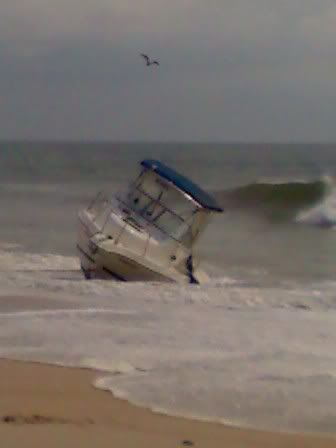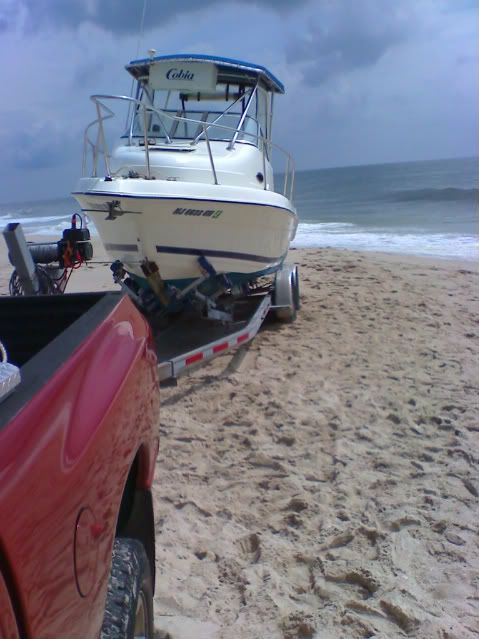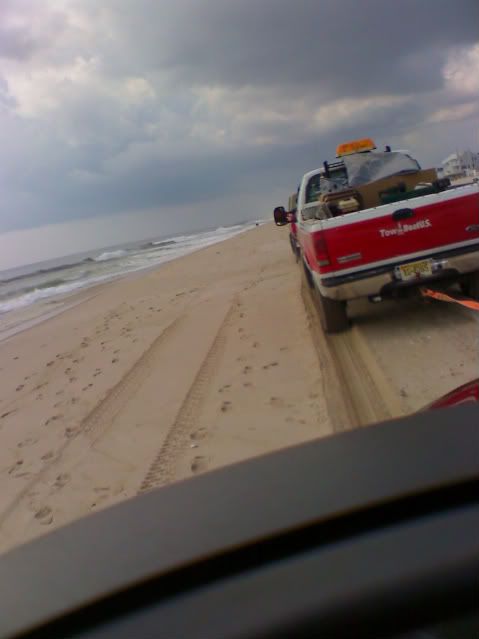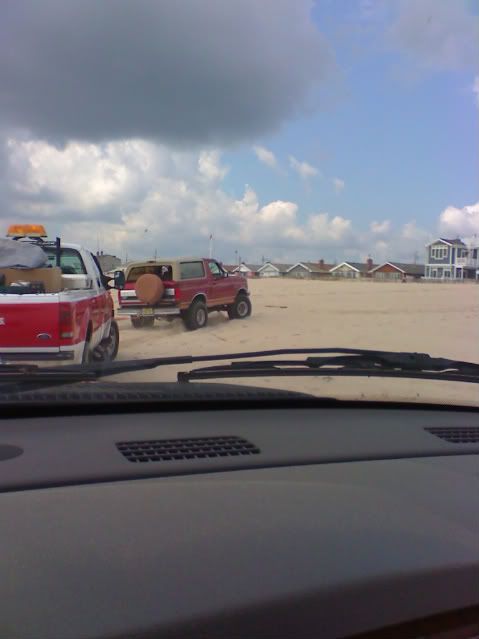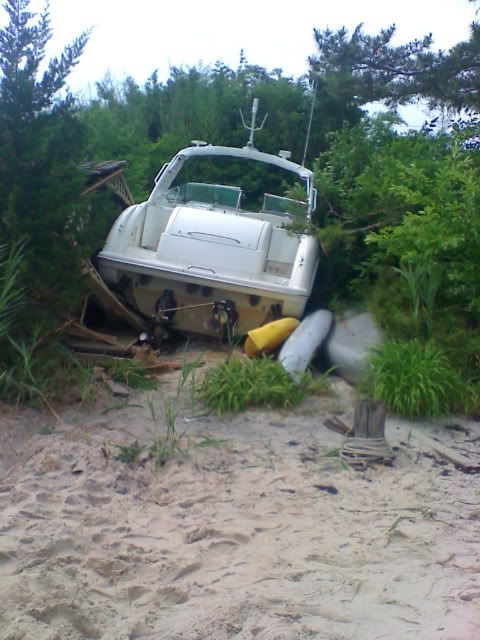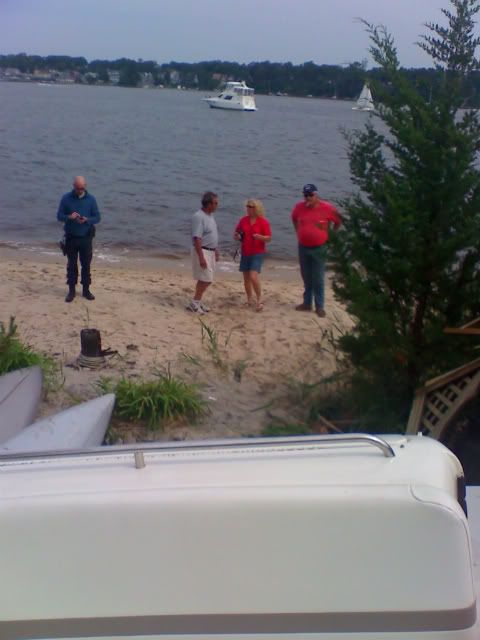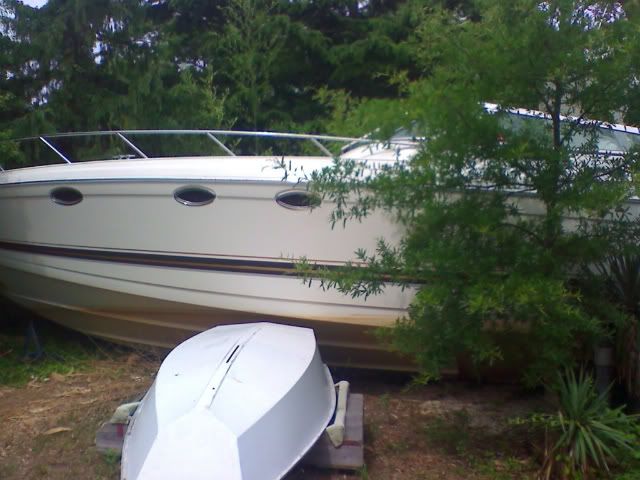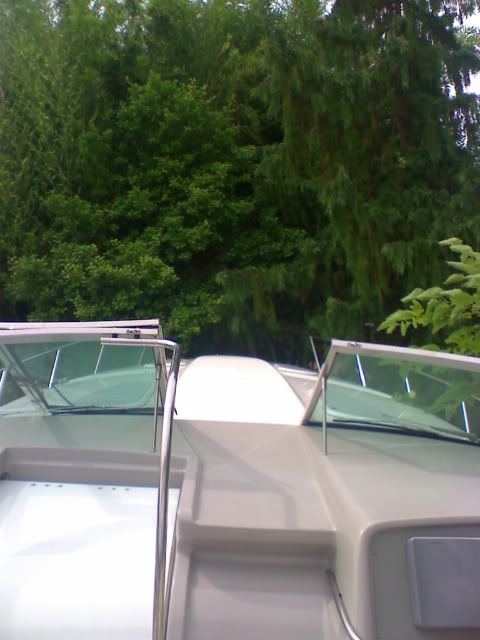Capt'n Pete, its good to hear you guys do it right and legal, I've heard so many horror story's about the two services all up and down the coast, some people I personally know are on on both sides of the tow. I know of tow operators trying to trick boat owners into taking a line or getting off their boat just so the tow operators can claim more money. I've seen pumps deliberately delayed so a boat would be considered salvage rather than saved. I've witnessed complete idiocy by tow operators that resulted in unnecessary damage to the boat in question and the boats surrounding them.I've had boat owners that have had to present firearms(barrel end) to tow operators to get their point across about not wanting their assistance. The red boat operators that used to be down here were brought up on piracy charges more than once(always settled out of court) they are no longer the red boat operators here. The new owner seems to be much better than the old operator. The yellow boats have a better rep in this area, but I understand outside of Charleston, its completely different. I used to think tow truck operators were vultures, compared to most of the boat towing operators they are good samaratines. I personally think that the laws governing the tow operations need to be changed, at least updated to the 20th century(21st is asking too much). I don't have a tow service, I need to get one. I've always had someone I know nearby to lend a hand. I've always been told to never take a line from a tow operator unless i was willing to pay out, and to never get off of the boat, unless its going under
